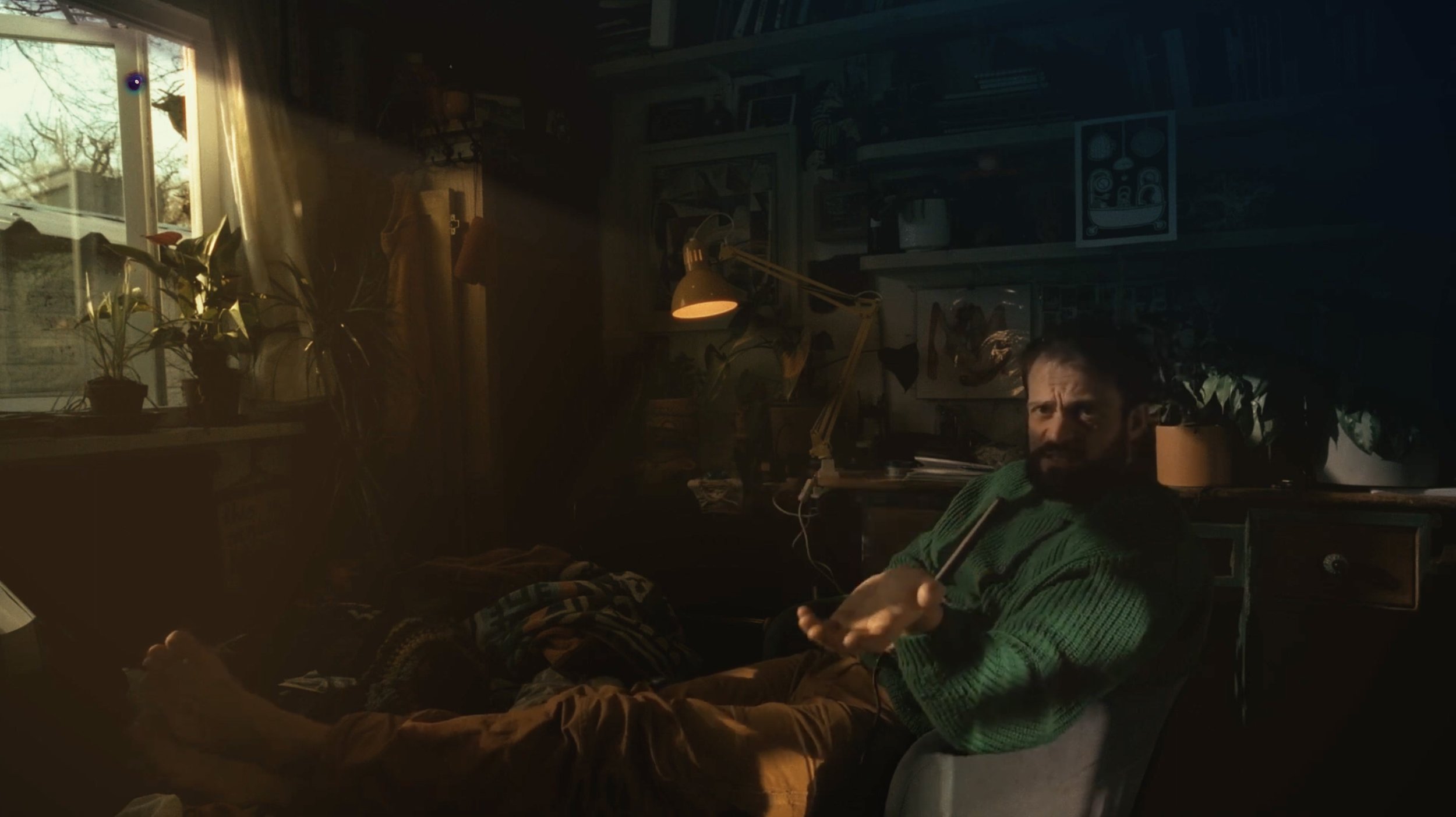Navigating Through the Fog
In a world where artificial intelligence has woven itself into the very fabric of our lives, its interaction with creativity has opened the door to a new frontier of human expression and innovation. The recent discussions surrounding AI's role in creative fields have illuminated a path where technology doesn't replace human creativity, but instead, acts as a powerful ally, taking it to new heights.
This shift invites us to rethink our understanding of creativity. It's no longer just about human intellect and imagination; it's now about the dynamic partnership between human ingenuity and AI's computational prowess. This collaboration can be seen across different industries, from literature to visual arts, where AI algorithms work hand-in-hand with creators, offering fresh perspectives and pushing the boundaries of traditional creativity.
Tyler Perry's recent decision to pause his $800 million studio expansion due to OpenAI's Sora underscores the rapid advancements in AI technology and its potential impact on the entertainment industry. Perry's concerns about the implications of AI-generated content are valid, raising questions about the authenticity and originality of creative works. The potential for AI to generate scripts, characters, and even entire films could significantly disrupt traditional filmmaking and challenge our understanding of artistic ownership and integrity.
However, the fusion of AI and creativity isn't without its ethical dilemmas. The authenticity of AI-generated content, the protection of intellectual property, and the potential impact on employment within creative industries are all hot topics of debate. As we tackle these challenges, the conversation underscores the importance of setting ethical guidelines and fostering a spirit of collaboration, rather than competition, between human creators and AI.
Looking ahead, the possibilities of AI in creativity are truly endless. As AI technology continues to advance, we stand on the precipice of exploring uncharted territories of creative expression. But the path forward requires a balanced approach, recognizing AI's value as a tool that, when used with human sensitivity and insight, can unlock new realms of creativity.
As we embrace the vast potential of AI, we must also engage in thoughtful conversations about its role in creativity and the implications for intellectual property, employment, and artistic expression. Tyler Perry's decision serves as a catalyst for the entertainment industry to develop strategies to adapt to the changing landscape while preserving the essence of human creativity.
